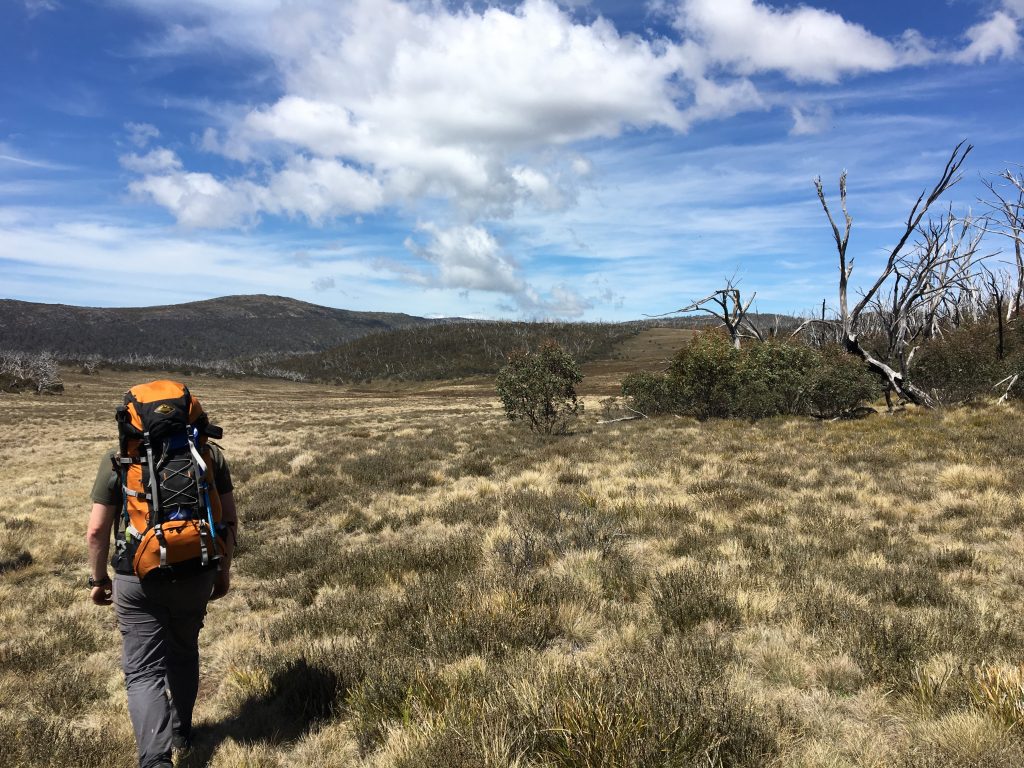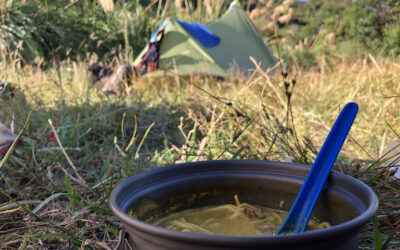Disclaimer: Please note, that the advice given in this article is based on experience only and in no way, shape or form based on the advice typically distributed by a medical professional or similar. Readers should consider their respective skills and circumstances before acting on the advice given in this article, and seek further advice for a multi-day hike if appropriate.
So you’ve got your heart set on doing a multi-day hike, hey?
If you haven’t worked it out by now, they are very much a whole different kettle of fish in comparison to any overnight hike you may have done before.
To begin with, you’ve got so much more to think about and to consider with one of these trips.
Gear, water, food, the day-by-day terrain and the kilometres are just some of the things you will need to consider when planning this adventurous trip.
But with all of this in mind – where and how do you start getting yourself physically and mentally ready for this trip?
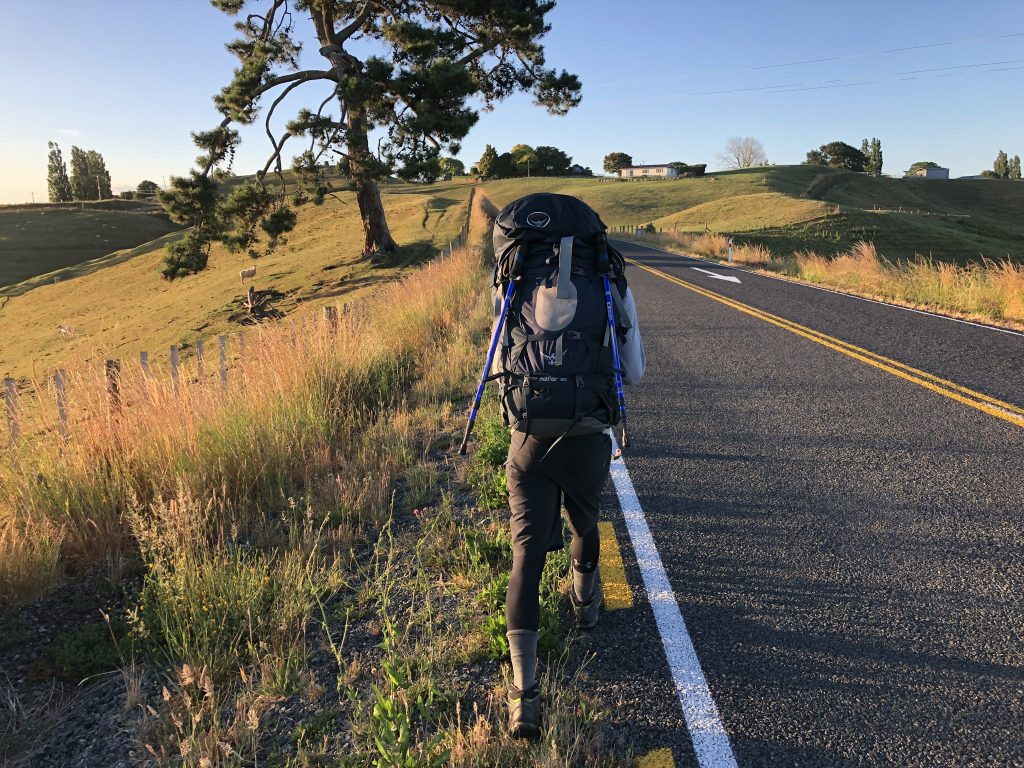
This approach – which was something my friends and I used in our preparation for New Zealand – is fairly straightforward and works on the principle of progressive loading and working towards replicating exactly what you are going to end up doing (or at least somewhat similar!).
Let’s use an example of walking 200kms over a 12-day period where on any given day you might be carrying anywhere between 12-15kgs.
On average that’s around 16.5kms per day that you’ll have to walk carrying all your gear.
Depending on how long you take to train your body and mind for this multi-day through hike will depend on your baseline fitness prior to the hike.
As mentioned before, the most important aspect of your preparation will be replicating your actual trip. With that in mind, you’ll need the following on every training hike:
- Your multi-day backpack (our recommendation is upwards of 50 litres)
- The gear you’ll be taking with you
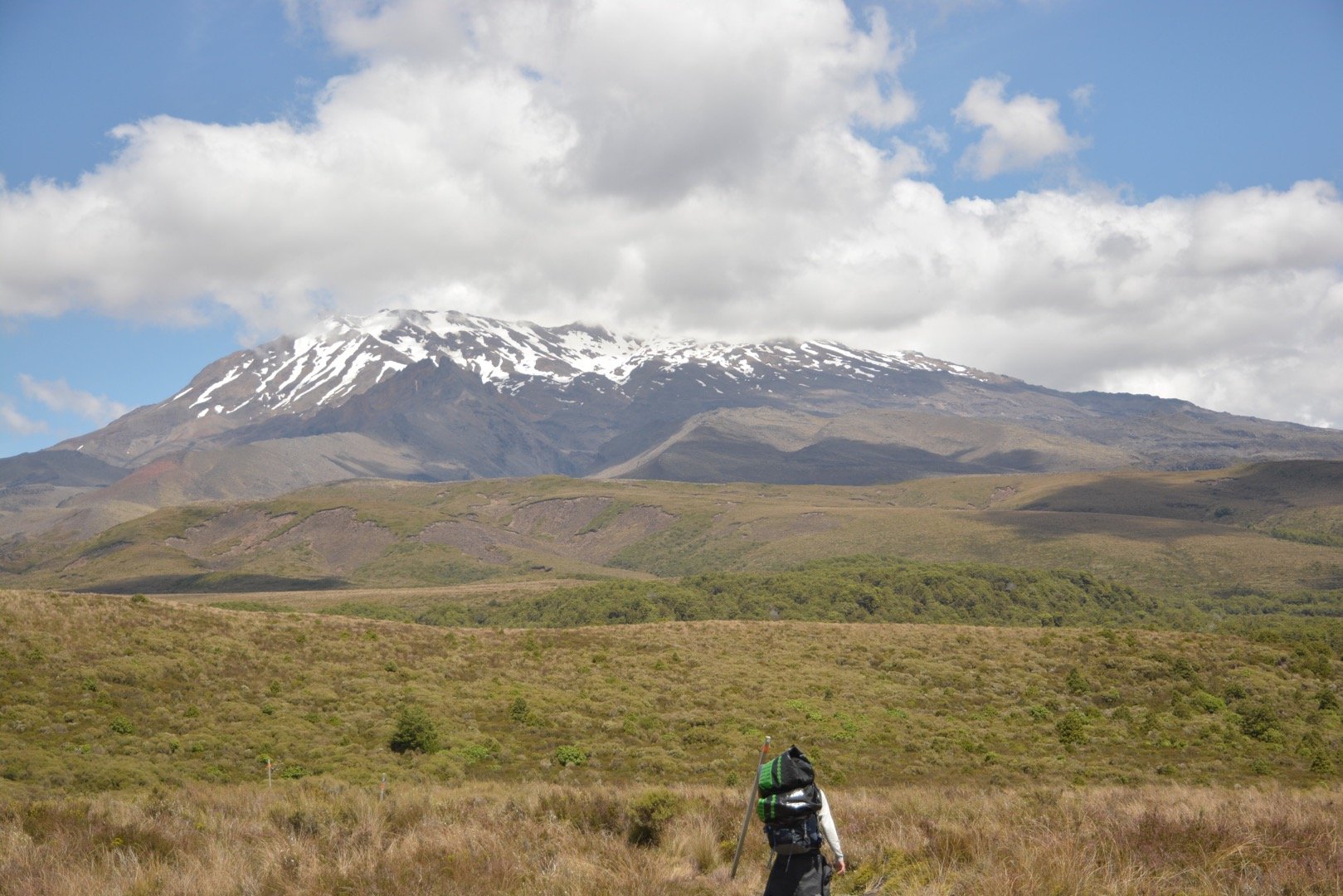
The second point, in my opinion, is incredibly important to ensure your body is conditioned enough.
There’s no point in filling your backpack with heavy books or weights because you won’t be carrying them when you’re on your trip.
So, why not fill your backpack with a full hydration bladder, sleeping mat, cooking gear etc. and really get your body used to what you’ll be carrying?
Let’s Get To It…
First off, pick some trails that will replicate the terrain you’ll typically be walking along during your multi-day hike.
If you’re going to be walking along rocky paths that ascend and descend more often than you change your underwear, then I’d suggest finding some trails that have plenty of hills to really get those hill legs in.
Secondly, start by hiking 5kms carrying minimal weight of gear i.e. 5-8kgs for a couple of weeks or until you’re 100% comfortable – both mentally and physically – with carrying that.
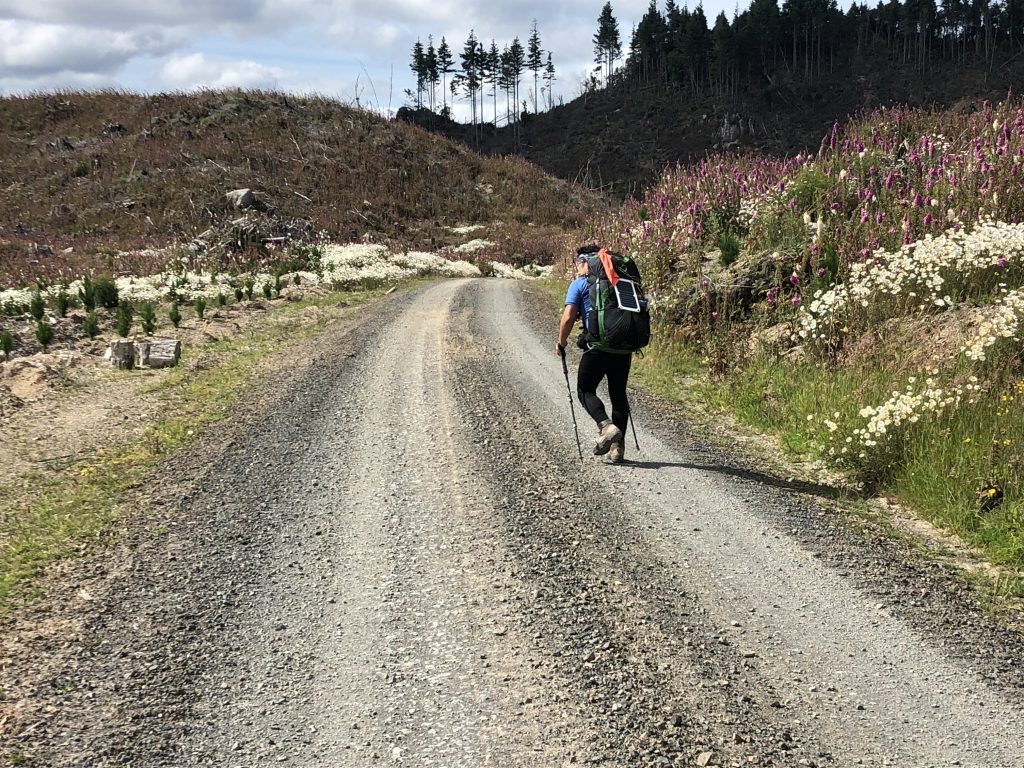
As you become more comfortable with that weight, increase it to 10-12kgs but maintain the kilometres.
Again, keep doing that for a few weeks until you are comfortable once again, and then increase the weight to 12-15kgs (your ideal weight), and maintain those same kilometres.
If you can do this, then you’ve taken a huge step toward getting your mind and body ready for your multi-day hike.
In our opinion, it’s important not to underestimate how tricky it can be to walk 5kms with 12-15kgs on your back.
What Next?
Start by dropping your weight back to 5-8kgs for a few weeks, but increase your kilometres to 8-10kms.
Using progressive loading as the core basis for your preparation, this phase will really start to test and strengthen you, as you start to hike longer with weight on your back.
Similar to the previous section of the blog, over the weeks you’ll slowly work your way back up to 12-15kgs walking 8-10kms every time.
And, as you have probably already guessed, the final phase is to start back at carrying 5-8kgs but push the kilometres out to 10-15kms.
As each phase progresses, you should notice your body getting stronger your mind withstanding the pressure of carrying all those kilos for all those kilometres, and your recovery time after each hike becoming shorter.
But What About Overnight Hikes? And Smaller Multi-Day Hikes?
We can’t recommend doing these enough as part of your preparation as it fits in with our mantra of replicating exactly what you’ll end up doing anyway.
The day hikes mentioned above will lay the foundations to progress into overnighters and any smaller multi-day hikes where it becomes more about planning for food and water.
It will also be a good indicator of how well you can get up the following day and go again on your multi-day hike.
Say you were to go on a 4-day trip where each day was averaging 10kms and you were carrying 13kgs at any given time.
Your ability to get up the next morning and go again will all depend on how much work you’ve put in prior to getting your mind and body in good condition.
And that’s about it for what I believe is necessary to consider when preparing for a multi-day hike.
It really is quite a step up from any overnight hike you may have done in the past, but trust me when I say that the sense of achievement and self-satisfaction will be absolutely worth the effort.
One final note – it’s okay to be nervous about it.
Once you’ve finished, you’ll no longer have any nerves over it because all you’ll be thinking about is where else can you go next with your newfound confidence.
